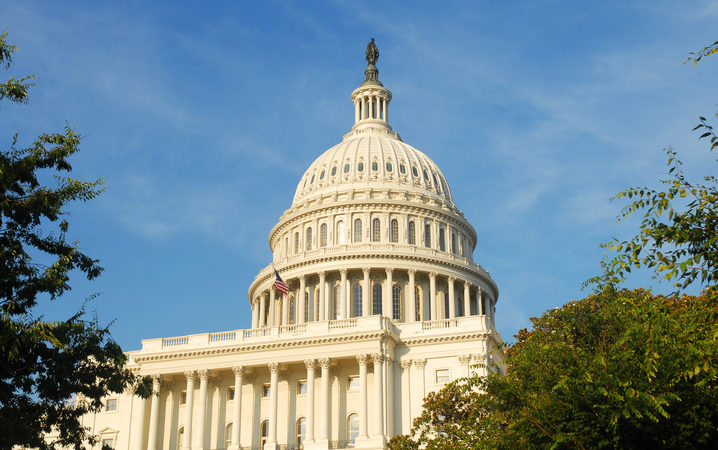The Dow wrapped up May gaining 1.9%, the S&P 500 delivered a gain of 0.55% for the month, and the Nasdaq finished the month with a gain of 5.91%. Year-to-date the S&P 500 is up 11.93%, the Dow is up 12.82% and the Nasdaq is up 6.68%.
Market worries: The American consumer is the driver of the largest and most diverse economy in the world. Consumption currently makes up roughly 2/3 of the entire economy. According to the Bureau of Labor Statistics, here is how we allocate our household spending: housing 33%, transportation 16%, food 13%, Contribution to pensions and insurance 11%, health care 8%, other 11%, entertainment 5%, apparel & services 3%.
We have recently experienced a bit of fear in the markets. The two fears expressed in the market over the past few weeks has been fear of inflation and fear of tax increases. We fear that if consumer prices rise too much, consumers could be discouraged from spending. It is a valid concern. I agree inflation poses a real risk. Neither the bond nor the stock market likes inflation surprises, and stocks have shown they can come under pressure if Treasury yields rise due to inflationary concerns. But I also believe that, if Treasury yields move higher but corporate earnings continue exceeding expectations, it may not be much of an issue for the stock market. The problem scenario is if inflation is rising, rates are rising, and corporate earnings are falling short of expectations. Fortunately, earnings are firmly outperforming expectations, but they will be a key factor to watch going forward. Bottom Line for Investors The prospect of a fully reopened economy, coupled with the past year of strong stock market returns, has pushed growth expectations considerably higher. Many investors wonder if everything has moved too far, too fast. It is a valid concern, but I also think it is important to consider the very healthy fundamental backdrop, with particular attention focused on the U.S. consumer, who is flush with cash.
While I will not go to deeply into Biden’s tax proposals: You would expect taking money from the 1 percent to be child’s play in a democracy. The 99% have less money than the rich but they have way more votes. However, it isn’t quite that easy. First, according to the IRS the top 1% are responsible for 21% of the nation’s Adjust Gross Income but disproportionately pay 40% of the nation’s taxes. This is based in I.R.S. data for the 2019 year. The Biden administration is proposing raising capital gains tax to 39.6% after the first $1 million in income. When combined with the existing 3.8% Medicare surtax on investment income, the total would rise to 43.4%. The solution for the rich is to simply hold on to assets with capital gains until death and pass them along at a stepped-up basis. Not so fast says Biden, he wants to blow apart the “Angle of Death Loophole” meaning that the heirs would inherit the original cost basis rather than the stepped-up basis. According to the Wharton School of Business, this would cause rich folks to stop postponing the investable tax and that would realize the government $113 billion annually. One other proposed tax hike is garnering a fair amount of headlines is raising corporate tax rates from 21% to 28%. To prevent corporations from shifting profits overseas to countries with lower rates, such as Ireland, Biden has initiated an all-out effort to get other countries to sign onto a global minimum tax rate. Another tax loophole Biden wants to close is the 1031 exchange that is often used by real estate investors to swap properties and avoid capital gains tax. The last tax loophole I’ll mention is the carried interest loophole. This provision allows private equity and hedge fund managers to classify income as capital gains rather than earned income. If Biden gets the capital gains tax increase mentioned above, this effectively kills the carried interest loophole. As you can see, most folks will not be adversely affected by these changes, only the ultra-wealthy, so before you go bonkers, make an appointment with your CPA and Financial Advisor to discuss if and how any of these changes might affect you so you can proactively act before year end. Remember, your accountant takes time off during the holidays to be with family just like you do, so do not wait until the last minute expecting them to be at your beck and call.
Praying works again – In April I said: “Pray for Rain – Prior to May 1 Dallas-Ft. Worth was reporting only 3.07 inches of rainfall year-to-date while San Antonio was reporting 3.37 inches versus the average rainfall by this time each year of 5.70. That was roughly 35% less rain than normal. Officially San Antonio reported just shy of 5 inches of rain in May.
Check out my monthly MarketWatch blog at: https://wsmtexas.com/marketwatch
Have a question? Let me know! Email me at kcompton@wsmtexas.com.

